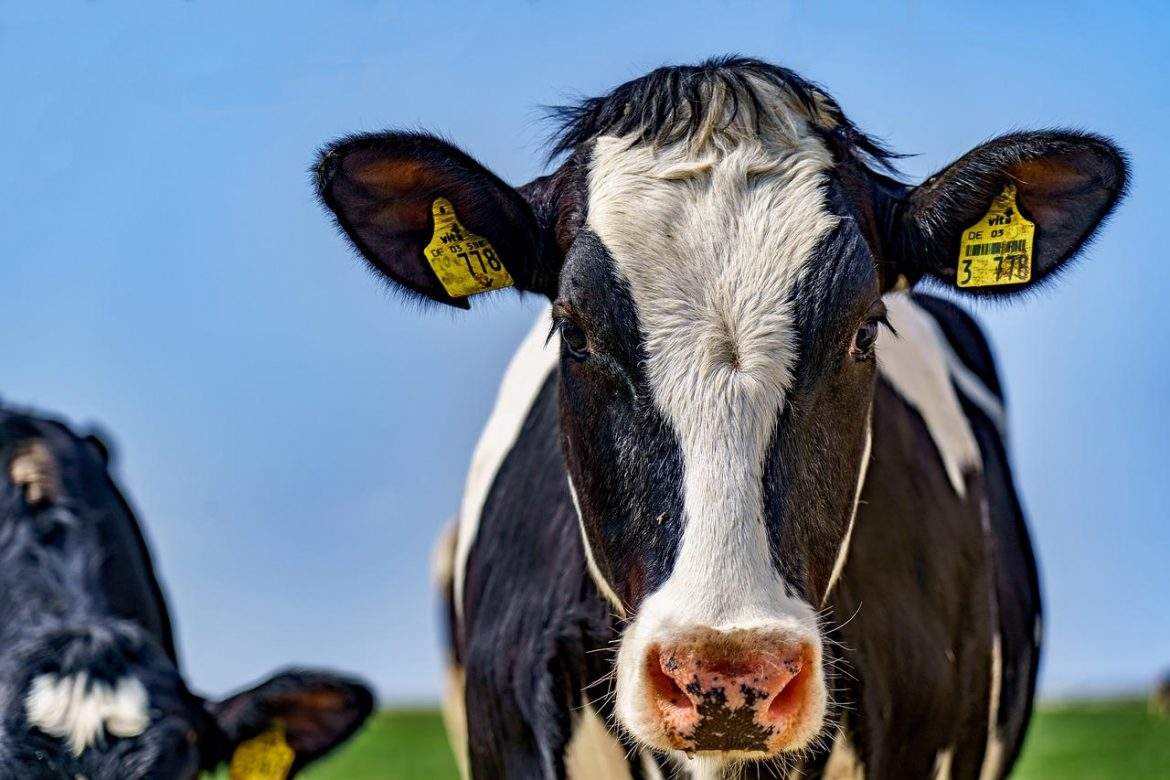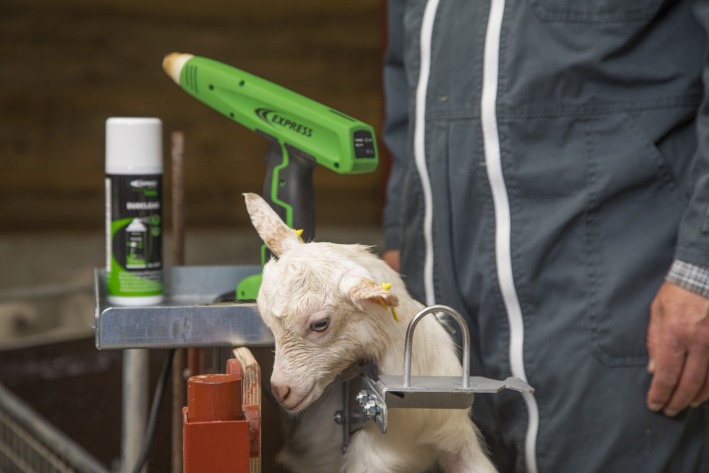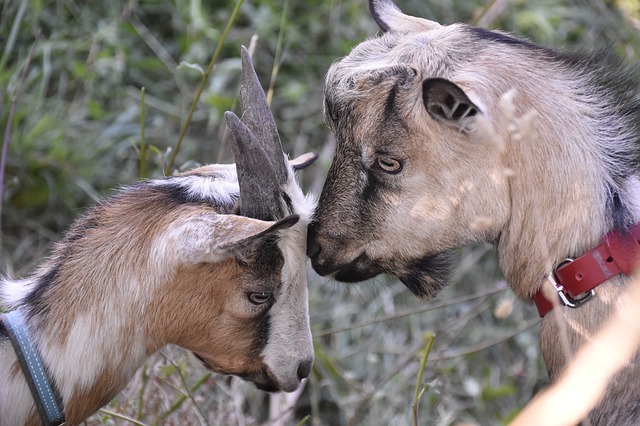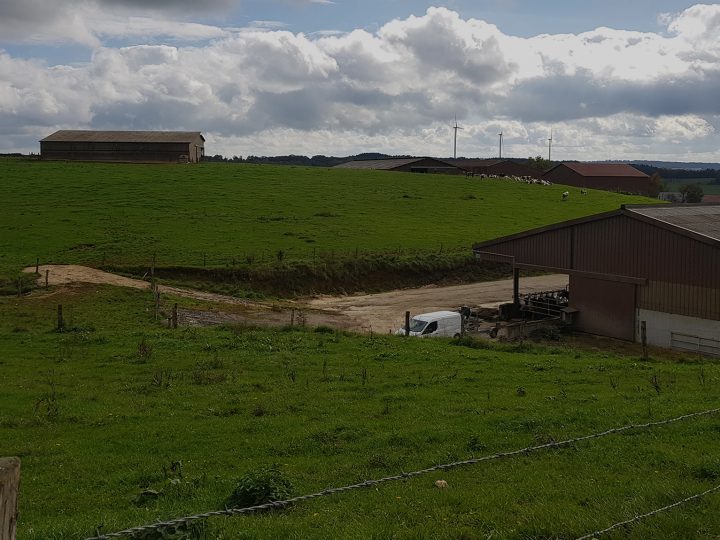
The public demand for organic livestock ingredients is strong. However, the conditions for claiming this label are often poorly known. Here are the main principles of organic farming, which is at the heart of sustainable development.
The control of organic products
Organic products are controlled at all stages. Analysis are carried out on all agri-food products. Specific tests for organic agriculture are made. They are carried out by an independent organization approved by the public authorities.
The European organic logo and the AB logo guarantee that the product follows the rules of organic farming.
The origin of livestock
The original livestock must come from an organic farm. There are exceptions when availability is insufficient and the herd must be completely replenished, following an accident or epidemic.
The mixed production of animals
Mixed livestock production appears quite complicated, as it depends on species-specific criteria. You can for example raise two different species, sheep and goats, but not at the same time dairy cows and others for conventional meat.
Breeding conditions
Soil-less breeding is strictly forbidden. If the animal is to be kept in a sheepfold, barn, poultry shed or other place, especially during the winter, it must have a minimum amount of space. The law requires 1 square meter for every 100 kg. Animal density and building size are limited.
The sleeping area consists of straw or equivalent natural material. Exercise areas for animals to frolic must be provided.
Controls also cover heating, ventilation and insulation.
Access to the outdoors
Animals should have access to outdoor enclosures, as soon as the weather conditions allow it. Sun and rain protection must be provided. The number of animals is regulated according to the available surface.
Animal feeding in organic farming
The preferred feed is natural, provided by pastures maintained without chemicals. During the winter, animals are fed grains and forage from organic farming.
The supplies are also subject to standards. Complementary foods are produced primarily on the farm or in cooperation with other organic farms in the same region.
Young mammals are preferably fed with mother’s milk.
Veterinary care
The principle of organic farming is to rely on natural prevention. It consists in choosing breeds adapted to their environment and establishing a population density that suits them. The healthy and balanced diet contributes to the good health of the animals, while the accommodation when the weather requires it provides them with the necessary space to live, unwind and rest.
In case of illness, everything is done to avoid suffering. The priority is given to alternative medicines, but the use of allopathic treatments is allowed, for curative purposes only, because preventive allopathic medicine is banned.
The reproduction
Natural breeding is preferred, although artificial insemination is allowed. Castration and dehorning are regulated. Force-feeding is banned, but not fattening.
Hormonal treatments, cloning and embryo transfer are prohibited.
Transportation of animals to slaughter
Every effort should be made to limit the transportation of animals to slaughter and to reduce their stress. The use of allopathic painkillers before and during the trip is prohibited.
Slaughter can take place on the farm, in a workshop that complies with the regulations.
The identification of the animals must be ensured at each stage of the production: preparation, transport and marketing.





